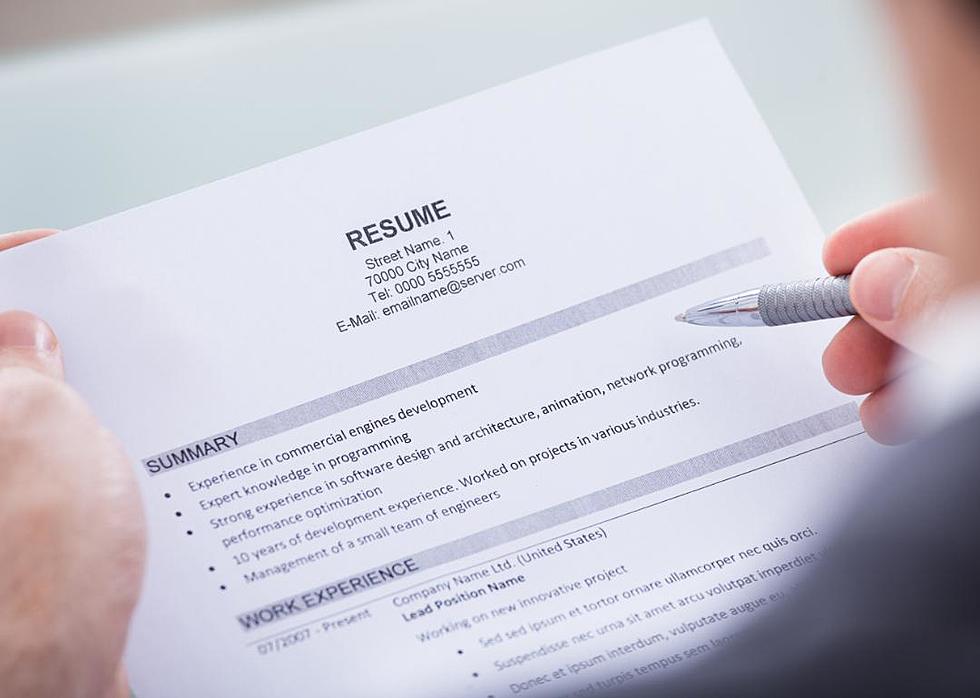
Are Federal Prisoners Taking Jobs From Law-Abiding Citizens?
There are currently thousands of inmates employed, at extremely low wages, in federal prisons all across the country manufacturing a myriad of products to be sold strictly to government agencies. Yet, while some argue that paying convicted felons to work in these factories is a good way of teaching them skills that can be used in civil society, others say that it takes jobs away from upstanding citizens at a time of economic difficulty.
Even though each of the 13,000 convicts currently employed by Federal Prison Industries (known as Unicor) only earn a few dollars a day, their efforts are responsible for generating a whopping $900 million last year. Prison officials say the program has helped to reduce the amount of recidivist inmates: those involved with the program are 24 percent less likely to commit other crimes after being released.
"While it operates as a business, the real output is inmates who are trained in marketable job skills so that they can return to the community as productive members of society," said Philip J. Sibal, senior deputy assistant director of Federal Prison Industries.
However, workers at companies like American Power Source in Fayette, Alabama, say that inmate labor is taking away the jobs of hardworking, law-biding citizens, since layoffs at two of the company's plants are a direct result of their being outbid by Unicor. Still, the reality appears to be that federal prisoners are not taking that many jobs away from the private sector, as there are only around 300 layoffs directly linked to Unicor—all in textile plants in Alabama and Tennessee.
The controversy surrounding the rehabilitation of prisoners through the prison industry program has been around since it began during the Great Depression in 1934. And while federal agencies are currently required to purchase from Unicor whenever possible, some lawmakers are working on legislation that would change that. Yet, similar proposals were passed in 2003 and 2006, but stalled in the Senate both times.
[AP]
More From B98.5









